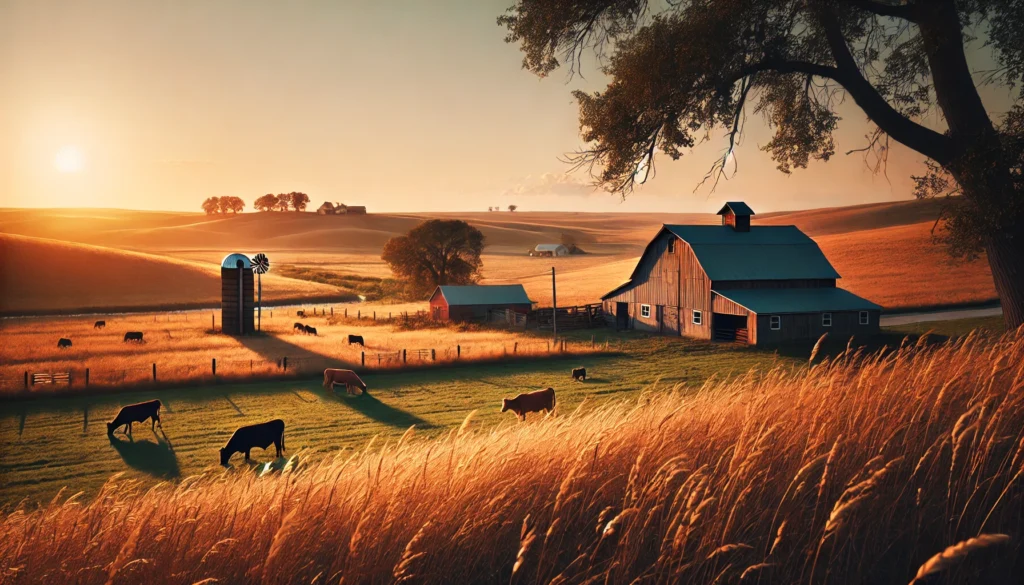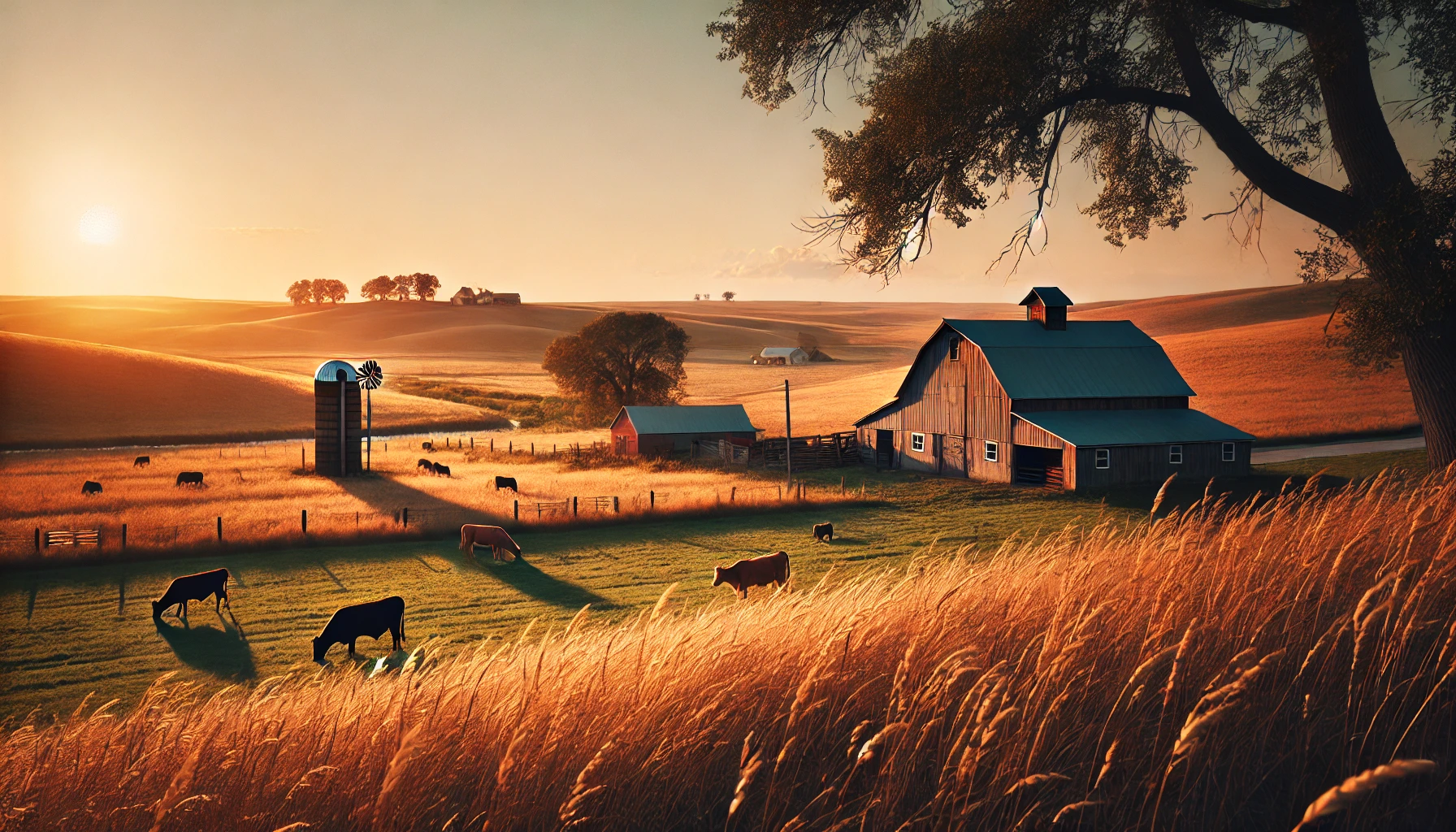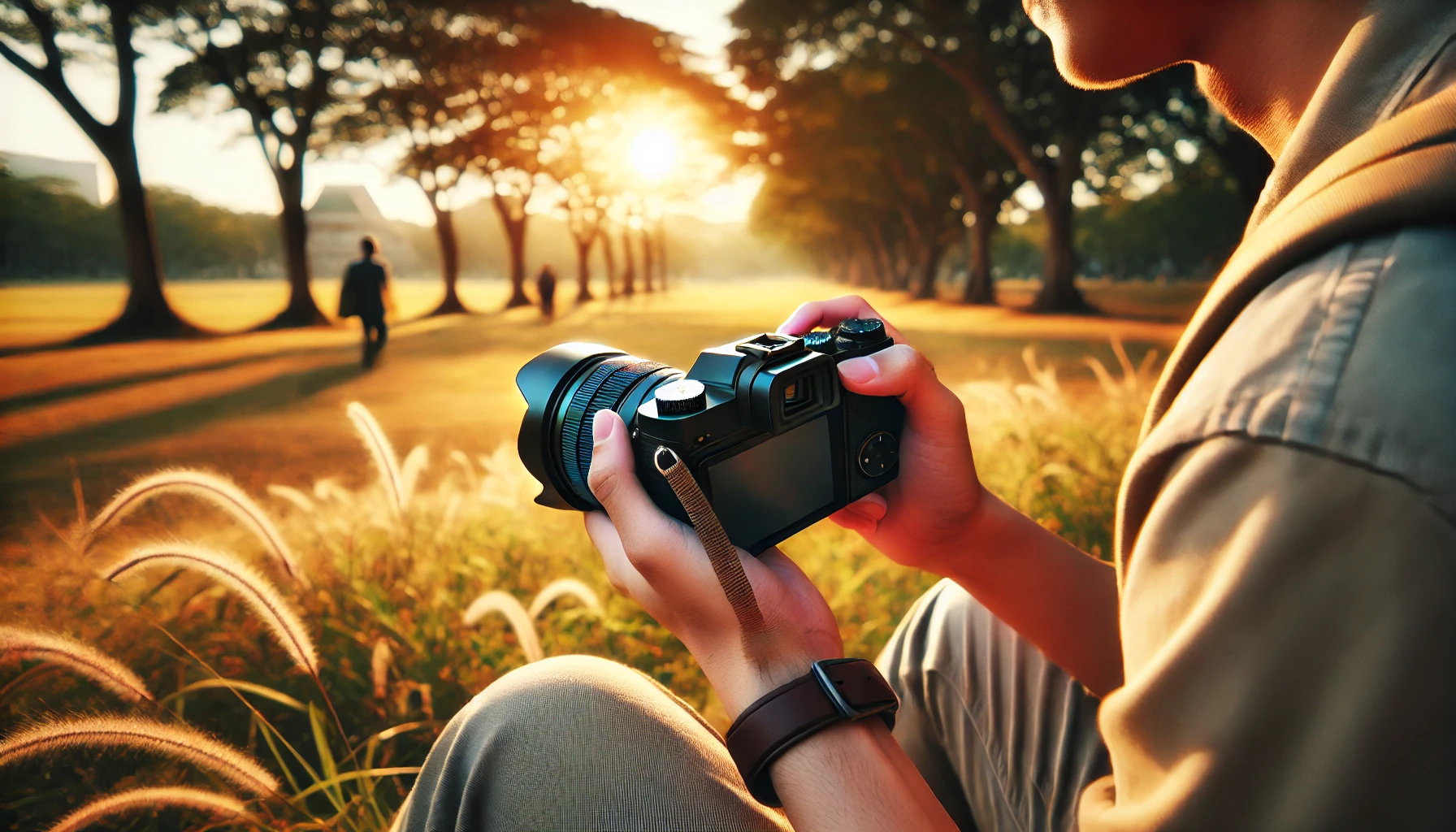Why Photographing in Rural Areas is Special
Rural areas offer a unique charm and beauty, far removed from the hustle and bustle of city life. From sweeping fields and rustic barns to charming farm animals and small-town life, rural areas are a treasure trove of photographic opportunities. Whether you’re capturing a peaceful landscape, the daily life of rural communities, or the simplicity of nature, photography in rural areas allows you to document the essence of country living.
However, shooting in rural environments can come with its own set of challenges. Lighting, wide-open spaces, and the need for patience to catch the right moment all play a role in capturing stunning photos. Let’s explore some tips that will help you make the most of your rural photography sessions.
1. Embrace the Golden Hour
As with most types of outdoor photography, the lighting conditions in rural areas can make a significant difference in your photos. One of the best times to photograph in the countryside is during the golden hour, which occurs just after sunrise or before sunset.
The soft, warm light during these times gives landscapes and rural scenes a magical, glowing effect. The long shadows and rich colors can transform a simple field or barn into something extraordinary. Plan your photography session around this time to capture the beauty of the countryside at its best.
2. Focus on Wide-Angle Shots
Rural landscapes often feature wide, open spaces, making them perfect for wide-angle shots. A wide-angle lens will allow you to capture the full scope of the scene—be it sprawling fields, rolling hills, or a village nestled in the countryside. This type of shot can convey the vastness and serenity of rural life.
When using a wide-angle lens, make sure to include some interesting foreground elements, such as trees, fences, or farm buildings, to give the shot more depth. This helps lead the viewer’s eye through the scene, creating a more dynamic and engaging image.
3. Capture the Simplicity of Rural Life
One of the most compelling aspects of rural areas is the simplicity of life. To capture this essence, focus on the small details that tell the story of daily life in the countryside. Here are a few ideas:
- Farm Animals: Photographing animals like cows, chickens, and horses can add personality and warmth to your images. Be patient and wait for the perfect moment when the animals interact with their surroundings.
- Farm Equipment: Old tractors, wooden fences, and rustic barns are iconic elements of rural life. Look for interesting angles or patterns that highlight the character of these objects.
- People at Work: Rural life is often centered around farming and agriculture. Capturing people working on the land, whether planting crops, tending to animals, or harvesting, can tell powerful stories about rural communities.
4. Play with the Weather
Weather conditions can dramatically affect the mood of your photos, especially in rural areas where the elements are often more prominent. Use the weather to your advantage to create different moods:
- Foggy Mornings: Early mornings with mist or fog can give your photos a soft, ethereal quality. Capture the way the fog settles over fields or roads, creating a sense of mystery and tranquility.
- Stormy Skies: Dramatic skies with dark clouds can add a sense of drama to your rural shots, especially if you’re photographing barns or open fields. The contrast between the dark clouds and the landscape can create a powerful and emotive image.
- Clear Skies: A bright, cloudless day can emphasize the simplicity and vastness of the countryside, bringing out the vibrant greens of the fields and the clear blues of the sky.
5. Look for Unique Perspectives
In rural areas, there’s often more space to explore, which means you have the freedom to experiment with different angles and perspectives. Some ideas include:
- Aerial Shots: If you have access to a drone, aerial shots are a fantastic way to capture the beauty and layout of rural landscapes. From above, you can see the patterns of farmland, winding roads, and the relationship between natural and man-made elements.
- Low Angles: Shooting from a lower perspective, such as lying on the ground, can help capture the grandeur of a barn or a field of tall crops. It also adds an interesting visual element by incorporating the texture of the ground or grass into the composition.
- Framing: Use elements in the environment, like trees, fences, or windows, to frame your subject. This can help direct the viewer’s eye to the main focal point and create a more visually appealing image.
6. Include People and Animals in Your Shots
Rural life is often about the connection between people and the land, and capturing this relationship can make your photos more relatable and engaging. Whether it’s a farmer working in the fields, children playing in the yard, or animals interacting with their environment, incorporating people and animals can add life and character to your images.
When photographing people in rural areas, aim for natural, candid moments. Instead of posing subjects, wait for them to interact with their surroundings in a meaningful way. Similarly, capture animals in motion or moments of stillness that reflect the peacefulness or energy of the rural lifestyle.
7. Pay Attention to the Details
While wide landscapes are essential in rural photography, don’t forget the small details that tell the story of the place. Look for textures, colors, and patterns that reflect the character of the environment:
- Rustic Tools and Equipment: Close-up shots of farming tools, old wood, rusted metal, or the texture of a weathered barn door can convey the history and labor of rural life.
- Plants and Crops: Photograph the textures and patterns in fields of crops, flowers, or trees. These natural elements often create beautiful compositions, especially when the light hits them just right.
8. Be Patient and Take Your Time
Rural areas often require patience, especially if you’re waiting for the right moment to capture something special. Whether it’s the perfect light, the right interaction with animals, or just the peaceful stillness of a landscape, allow yourself the time to truly observe your surroundings.
When photographing in rural areas, slow down and take in the environment. It’s often the quiet, unplanned moments that make the best photos.
Conclusion
Photographing in rural areas is a rewarding experience that allows you to capture the simple beauty of country life. From vast landscapes to the intimate details of farming life, rural areas offer endless opportunities for creative expression. By embracing the natural light, experimenting with perspectives, and being patient, you can create stunning images that truly reflect the charm and tranquility of rural living.








